The Mosaic Soul: How Travel Fragments and Rebuilds Us
Lessons Learned from a Life Between Cultures
Every time I've explored a new country, a version of myself has died. This isn't metaphorical—I mean it quite literally.
So, I guess that means I’ve died about 80 times (and counting).
The woman who rode colorful jeepneys through Manila's chaotic streets exists no more. The one who explored misty hills, stone towns, and tea rooms across the Scottish lowlands is just an echo.
From Bangkok to Barcelona, Tokyo to Tromsø, and Melbourne to Montreal, I’ve shed old selves and grown new ones with each journey.
What's left is somehow both more and less than what I started with: a mosaic soul assembled from fragments—one that feels increasingly, well, unrelatable.
I’ve existed perpetually in between, never fully at home abroad, nor completely belonging when I return to my own country. "Home" has become less a place and more a collection of moments, people, and sensations scattered across continents.
This is the reality for anyone who truly immerses themselves in new worlds.
The Escapist Myth
Some believe travel is merely for restless, unsatisfied spirits, for those who cannot find contentment where they are (it's easy to dismiss what you haven't experienced yourself).
But I've found the opposite to be true.
The most profound journeys aren't attempts to escape from an unsatisfying life—they're extensions of a very curious one.
And curiosity is a very special part of human nature. It's what leads to art, expression, science, and knowledge—the beautiful human impulse that transforms both the unknown into understanding and the familiar into something extraordinary.
(They say curiosity killed the cat, but they rarely mention how it gave the cat nine lives worth of adventures first.)
In truth, it’s not really about running away from home (although some people certainly do that); it’s about discovering how many places can teach you to feel at home in yourself.
Identity's Many Facets
The traveler who experiences a foreign culture inevitably changes. Each place we inhabit transforms us, challenging what we once knew for certain and revealing new ways of being that we could never have imagined.
When asked where I'm from and who I am, I often hesitate. Which version should I present?
The one who learned to slow down for the Italian passeggiata, taming my hurried American pace to savor the art of leisurely Sunday strolls? The one who takes comfort in dark Scottish humor during life's absurdities? The one who found community with locals through worn-out karaoke machines in Manila's corner cantinas?
Or, the one who grew up playing in the streets like any other normal kid in suburban Minnesota?
There's a peculiar kind of loneliness in this—not just the occasional ache of isolation, but the understanding that we no longer fully belong anywhere. Thus, we find ourselves perpetually outside, watching but never quite fitting into the lives that others consider “normal”.
And yet, few committed travelers would trade this fragmented existence for perfect singular wholeness.
There's something sacred in these transformations. Each aspect of ourselves left behind makes room for something new—something we couldn't have imagined before travel broke apart and reassembled the very essence of our being.
This is the mosaic soul of the traveler: Beautiful not despite its fractures, but because of them.
Transformational Geography
Transformation tends to be a messy, complicated process.
Each journey strips away layers of self you once believed were immutable: default reactions, your inherited assumptions, the invisible cultural scripts that once guided you.
Some of our most deeply held beliefs are invisible—that is, until they collide with a different reality.
Unlearning Convenience: Pausing in a World of Instant Everything
Coming from a country of 24-hour convenience stores, endless flavor options, bizarre fusion cuisines, and specialized products designed for needs I didn't even know I had (if you've ever fallen into a late-night QVC rabbit hole, you know exactly what I'm talking about), I was completely unprepared for how differently other cultures approach time and availability.
Probably the most famous cultural difference between North America and the Mediterranean is how time follows a different logic—one shaped by millennia of agricultural rhythms, maritime traditions, and social interconnectedness.
I first understood this in Portugal, where (like Spain and Italy) the afternoon pause is a sacred social ritual. In small towns, the world literally stops somewhere between 2 and 5 pm. Shops close, streets empty, and an entire cultural ecosystem pauses to breathe.
Initially confused by this, over time I discovered a certain liberation in not having my every impulse instantly gratified.
It was rewiring my brain.
I was learning to sit with desire, and understand that not every whim needs immediate satisfaction, and not every problem requires an immediate solution.
I fell in love with many aspects of slow living.
After a collective four years immersed in these cultures, I found myself returning to the United States with a visceral unease, suddenly aware of the phantom urgency and frenetic emptiness that had once felt so normal to me.
But it wasn't just the Mediterranean; the Philippines taught me a few lessons in patience and tolerance as well.
From being crammed into jeepneys and sweating in the suffocating heat, to being constantly stared at as the obvious foreigner, discomfort was a great teacher.
I watched locals endure hours-long journeys just to visit a doctor who might not show up, navigate systems that seemed designed to test human patience, and maintain dignity in conditions that would break most privileged travelers.
This gave me an increased sense of gratitude and flexibility when it came to the comforts of home. Luxuries I'd previously complained about—a slow internet connection, a slightly uncomfortable chair—now seemed laughable in the face of the daily challenges I'd witnessed.
None of this is to say there’s something wrong with having a high standard of living (even now, a painfully slow WiFi connection can still test my patience). Everything is relative.
But in moments like these, it becomes obvious that transformation is not just about learning other cultures; it’s about unlearning our own (at least, to some degree).
The process reshapes how we experience time, comfort, and what we consider necessary in life.
Beyond Productivity: Learning to Savor Life
In Italy, I encountered a fundamentally different relationship with pleasure that challenged my American orientation toward efficiency and productivity.
At first, I was bewildered by the reverence given to seemingly simple experiences. A two-hour lunch seemed excessive. The meticulous attention to ingredients struck me as unnecessary perfectionism—pretentious even!
I was looking through the narrow lens of efficiency: Couldn't they just eat something quick and move on to more important tasks? Wasn't all this focus on food and leisure time wasteful?
But as weeks turned to months, I started to recognize the poverty in my perspective.
What I had labeled as "efficiency" was actually a diminished capacity to experience pleasure—a willingness to trade quality of experience for quantity.
The Italian approach to pleasure demanded presence, which meant that I had to unlearn the habit of mentally jumping ahead to the next task, the next goal, the next to-do list item. I had to break the belief that value came primarily from productivity.
(I've written more about the challenges of presence and how to overcome them in a separate post you might find interesting.)
Eventually I grew to love extended dinners without checking the time, slowing my pace for leisurely walks through the city center, and savoring every detailed step when cooking Italian recipes. In the process of learning Italian culture, I'd recovered my capacity for joy and deep satisfaction from simple things that my old cultural conditioning had slowly eroded.
I discovered a whole new value when it came to my concept of a well-lived life.
Make no mistake: I still appreciate efficiency and productivity (and many other things that make American culture unique). In fact, discovering Amazon lockers after struggling with cumbersome package delivery in Italy felt like a small miracle.
I’ll pass on the torturous bureaucracy, too.
And I did experience a genuine sense of relief when I returned to the US, once again surrounded by the company of fellow dreamers, go-getters, and people with “can do” attitudes.
But travel gave me the gift of perspective: Without experiencing these different cultural approaches, I would not have been able to recognize which elements of my own culture were choices rather than universal truths.
Unlearning Blind Optimism: The Scottish Perspective
In a culture where gray skies reign and harsh history has shaped the national character, I got to know a perspective that challenged my concept of optimism and positivity.
Scotland is known for its acerbic humor—something that, at times, seems more about survival than just entertainment. In addition to being absolutely hilarious, my Scottish friends had no issues brazenly confronting life's difficulties with this dark, self-deprecating humor.
What might sound like cynicism or pessimism to the untrained ear, I came to recognize as emotional honesty.
(No doubt there are plenty of people in all countries that fall into the ‘cynical’ category.)
As an American, I do think there’s merit to having a degree of delusional self-belief—isn’t that what the American dream is all about?
But the reality is that confidence alone can’t overcome every obstacle. There is such a thing as toxic positivity, and it can be just as damaging as toxic negativity, with the capacity to invalidate real human experiences.
You know, those statements like "Everything happens for a reason," "Stay positive," and "Good vibes only."
With these phrases, well-meaning people who are simply uncomfortable with negative emotions hope to offer comfort in the only way they know how. They might even call themselves "optimists", which isn’t inherently a bad thing, however:
Sometimes, what we call "optimism" turns out to be a comfort blanket of willful self-deception.
The Scottish gift was the permission to face reality and connect with others through shared acknowledgment that life isn’t always positive, and pretending things are better than they are isn't optimism—it's avoidance.
So, perhaps finding humor in darkness is really just an authentic form of hope. Maybe confronting pain doesn’t mean surrendering to it.
Dark humor has become part of my mosaic, and it has led to more sincere connections and depth of experience. Paradoxically, it has also given me more strength than forced brightness or relentless positivity ever could.
…and the Mosaic Begins to Form
As all of these realizations accumulate, each cultural collision becomes another fragment in our mosaic soul. The best part?
It’s a choice.
We get to select which pieces to integrate, creating an identity no longer bound to one place but composed of fragments from many. The resulting mosaic may never fit perfectly anywhere, but carries the richness of everywhere.
And that's when we truly find our way home.
Coming Home to Yourself
A man travels the world over in search of what he needs and returns home to find it. –George Augustus Moore
For many of us, the true purpose of travel isn't actually what most people assume. What we're seeking through our journeys isn't something external that exists in distant places, but rather something internal that we already possess but haven't yet recognized.
The mosaic that forms isn't foreign to who we were; it's the fullest expression of who we could become.
The sacred journey of breaking apart and reassembling leads us closer to a true home—a home not limited by geography, but expanded by experience. A home that exists within us, composed of all the places that have taught us something about ourselves and the world.
Ironically, it was only after experiencing different ways of living that I could truly appreciate what I had taken for granted in the United States. The efficiency, openness, and bold, entrepreneurial spirit—these aren't just cultural quirks but strengths I value with newfound clarity.
Travel didn't diminish my appreciation for where I came from; it deepened it by giving me the perspective to see its unique virtues rather than merely accepting them as the default.
Perhaps this is why the journey was never just about going to other places. The point was always returning (wherever home turned out to be) with eyes newly opened, perspectives broadened, tastes acquired, and self transformed.
My conclusion? We travel outward to ultimately journey inward.





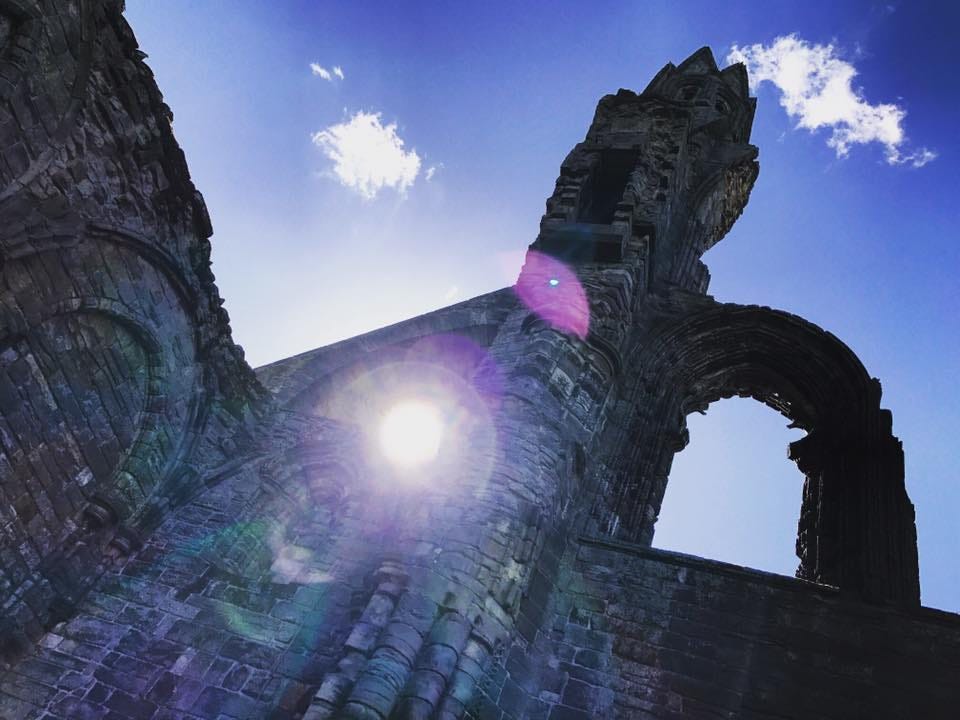
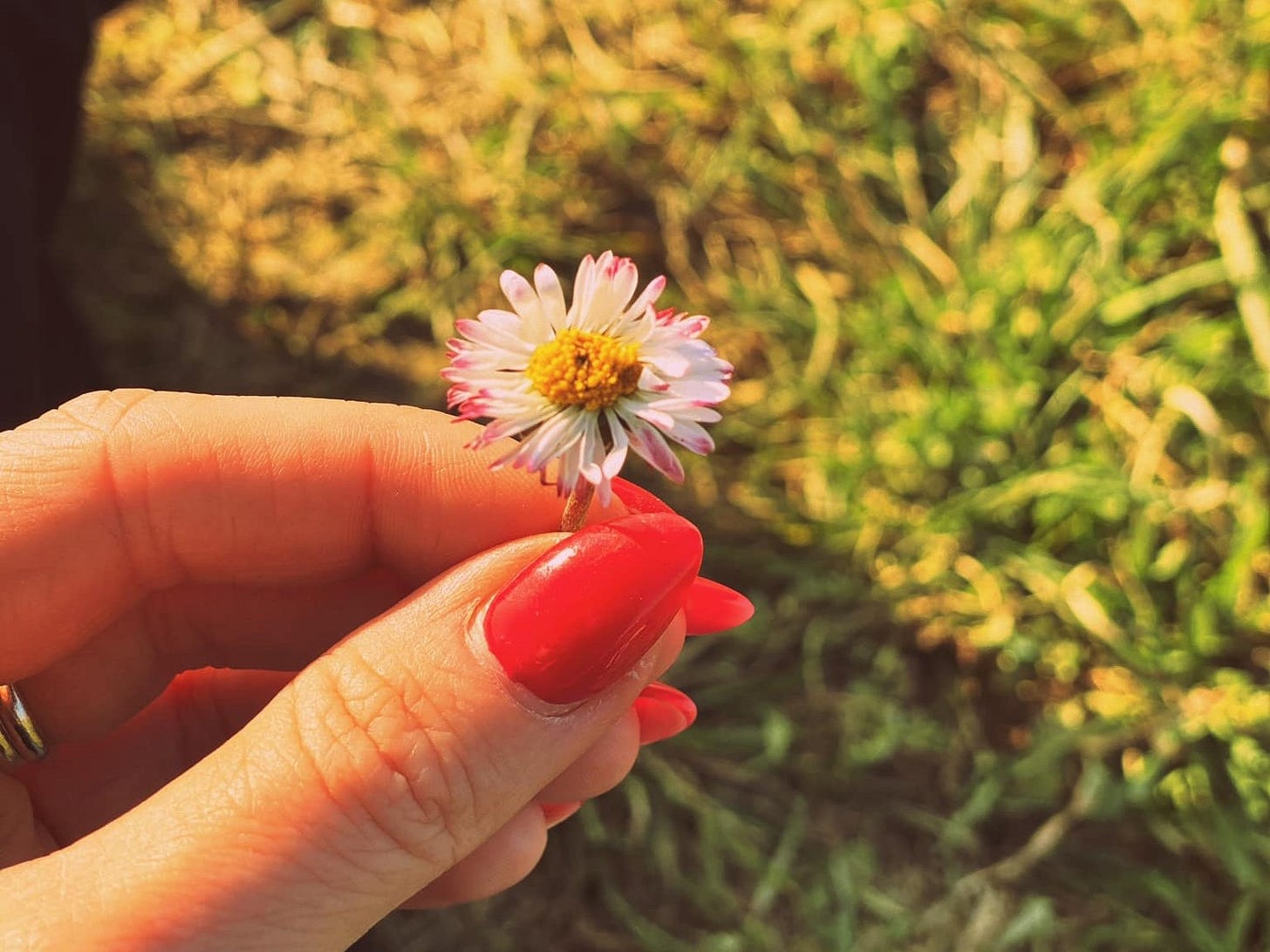

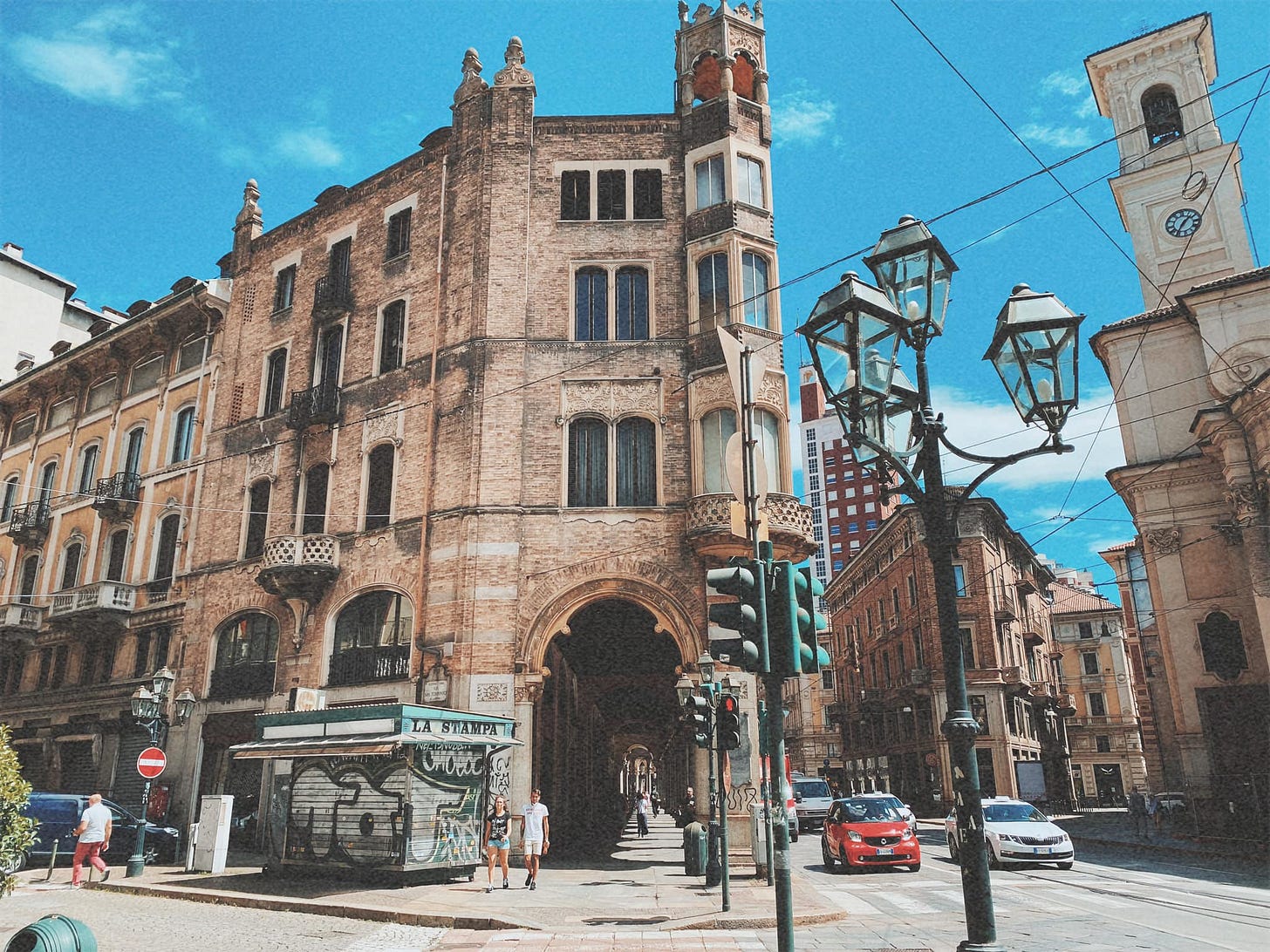

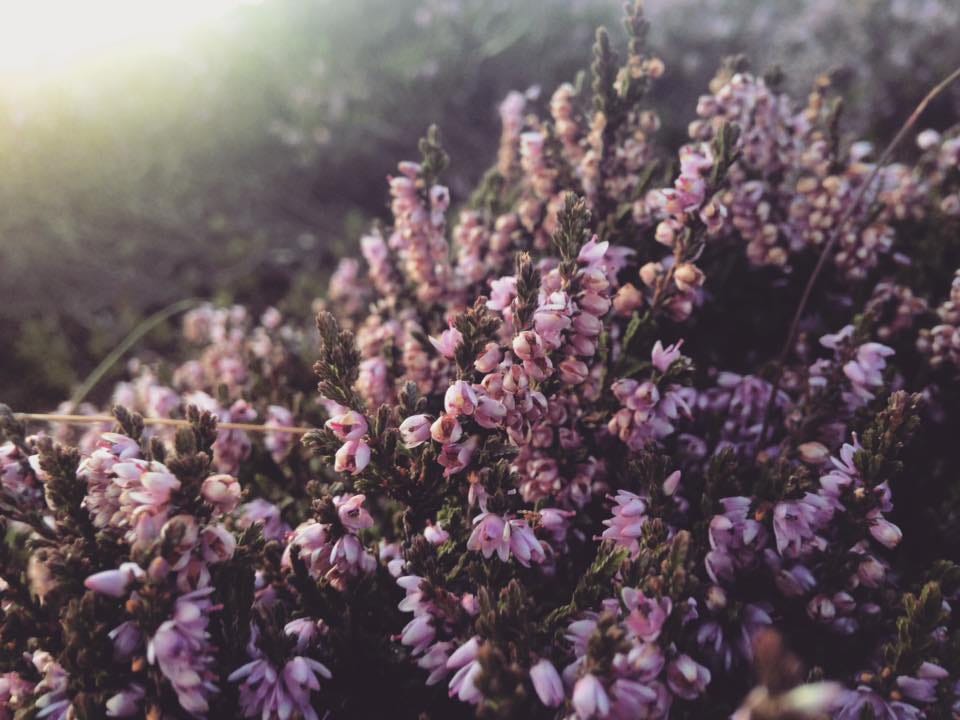
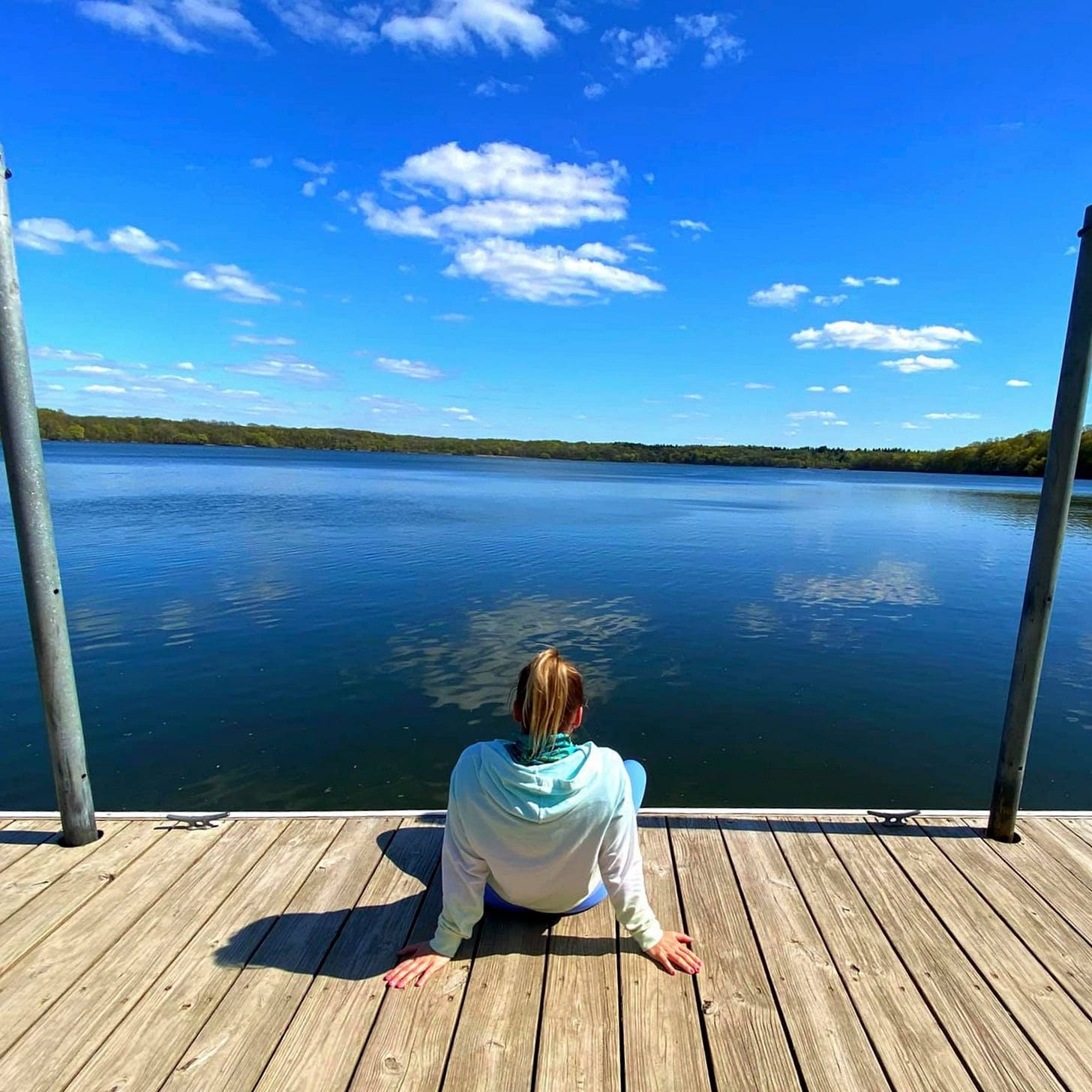
I know this is kind of about savoring old places, but it just makes me want to travel. 🤩